-
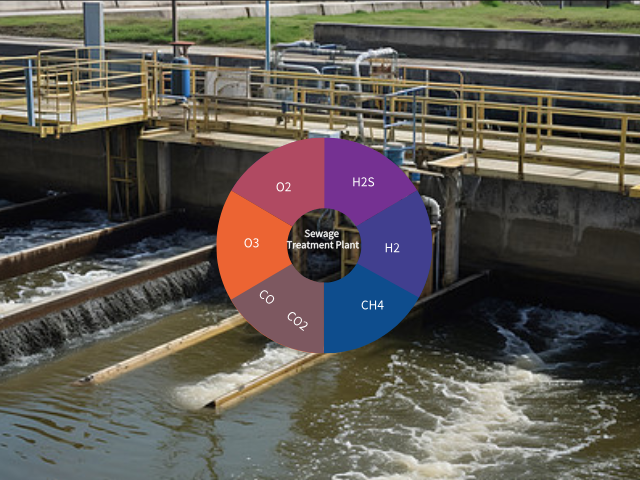
Gas safety solutions for Sewage Treatment Plants
2025/10/28With the rapid development of the economy and technology, the volume of wastewater generated from domestic and industrial activities continues to rise, and wastewater treatment capacity has been correspondingly expanded. However, behind this rapid ex...
Read More -

Instructions for Using Infrared Sensors
2025/09/15The following are key notes regarding the use of infrared sensors: 1. The sensor requires a 1-minute warm-up period. Do not communicate with the sensor during this time. It will only operate normally after the warm-up period (60 seconds). 2...
Read More -
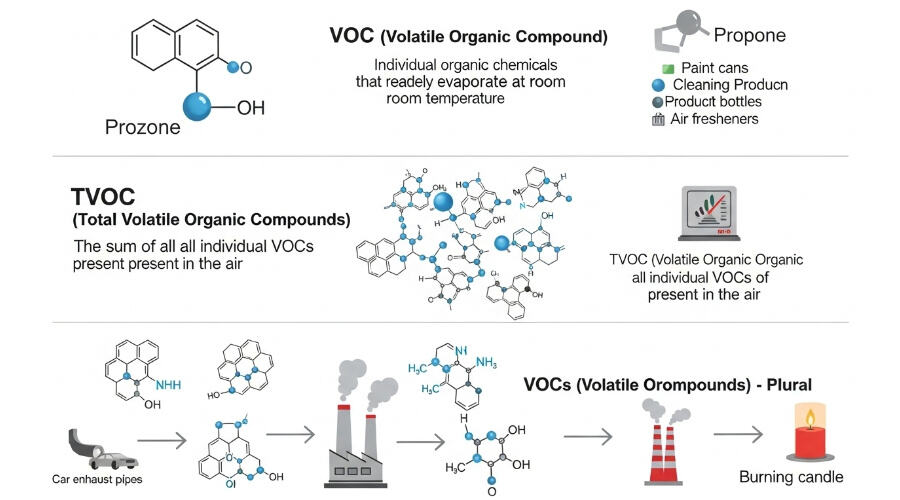
What are the differences between VOC, TVOC and VOCs?
2025/09/15TVOC is one of the three types of organic pollutants in the air (polycyclic aromatic hydrocarbons, volatile organic compounds, and aldehyde compounds) with more severe impacts. VOC refers to organic compounds with a saturated vapor pressure exceeding...
Read More -
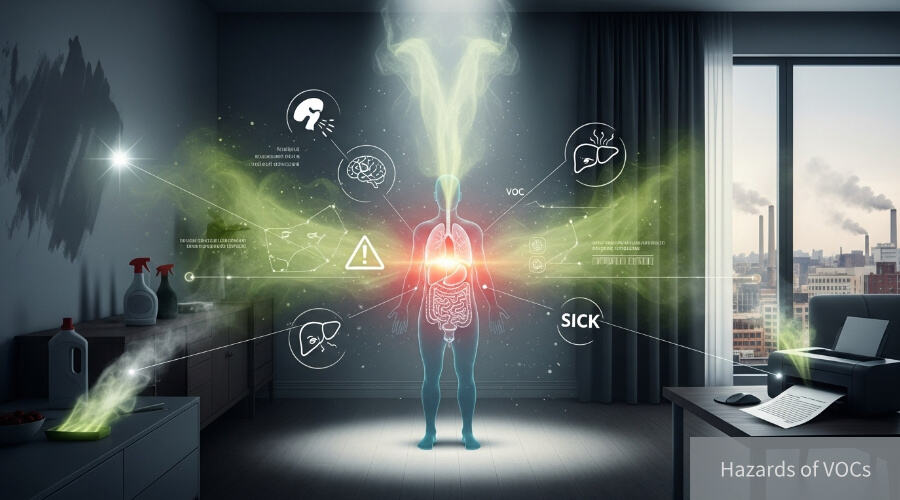
Hazards of VOCs
2025/09/15Among over 900 currently identified indoor chemical and biological substances, at least 350 are volatile organic compounds (VOCs), present at concentrations below 1 ppb. More than 20 of these are known carcinogens or mutagens. Although individual con...
Read More -
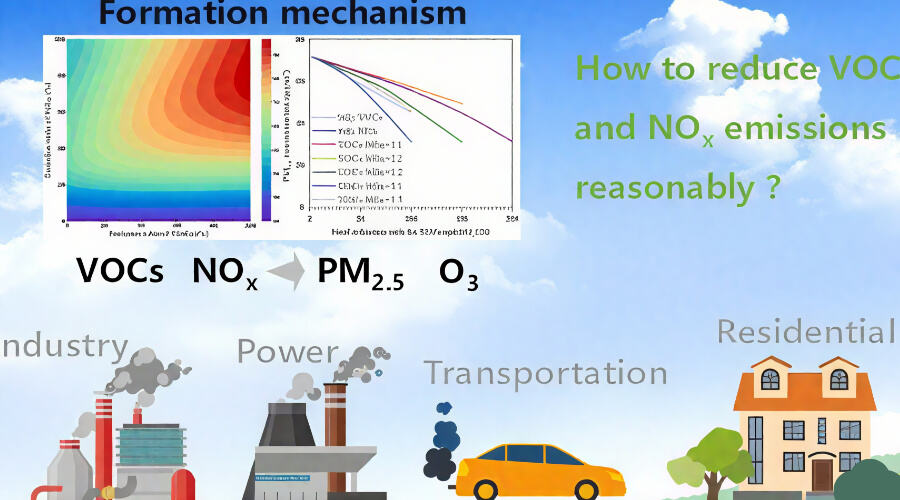
Routine Volatile Organic Compounds (VOCs) Detection Items
2025/09/15The commonly used detection methods for volatile organic compounds (VOCs) mainly include Gas Chromatography-Flame Ionization Detection (GC-FID), Fourier Transform Infrared Spectroscopy (FTIR), and Photoionization Detection (PID). Here, our...
Read More -
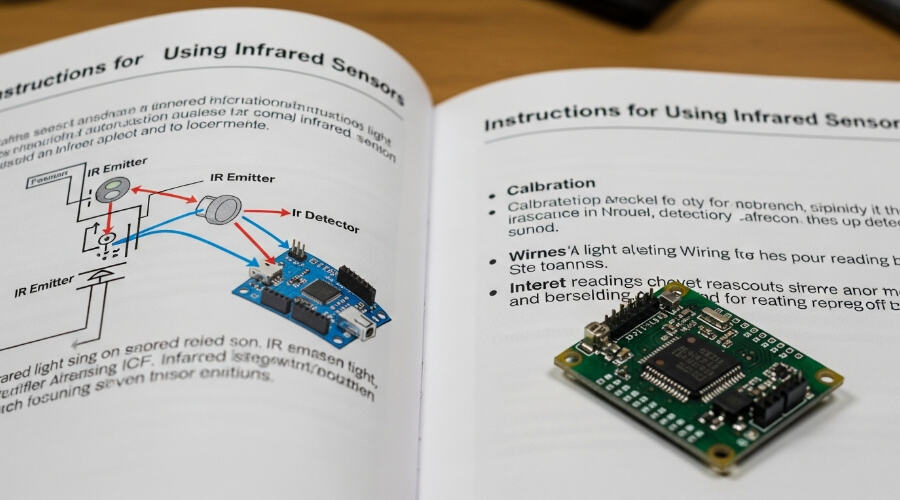
Instruction Manual for All Gas/VOC Gas Sensor
2025/09/15I.Overview The All Gas/VOC sensor is a solid-state polymer gas sensor designed for comprehensive measurement of multiple volatile organic compounds (VOCs) and toxic gases. It operates on the principle of solid-state polymer electrochemistry, w...
Read More

